NFC Door Lock Systems
Price 4500 INR/ Piece
NFC Door Lock Systems Specification
- Unlock Way
- Fingerprint, Card, password
- Battery
- yes
- Application
- Hotels, Restaurant
- Finish
- Other
- Material
- SS
- Warranty
- Yes
- Color
- Silver / Gold
- Usage
- Hotels
- Weight
- 3 Kilograms (kg)
- Water Proof
- yes
- Suitable For
- Commercial
- Alarm
- yes
NFC Door Lock Systems Trade Information
- Minimum Order Quantity
- 1 Piece
- Main Domestic Market
- South India, North India, Karnataka, Kerala, Manipur, Andhra Pradesh, All India, Central India, West India, East India, Gujarat, Lakshadweep, Mizoram, Meghalaya, Chandigarh, Arunachal Pradesh, Maharashtra, Nagaland, Rajasthan, Sikkim, Tamil Nadu, Telangana, Uttar Pradesh, Bihar, Haryana, Himachal Pradesh, Jammu and Kashmir, Madhya Pradesh, Tripura, Pondicherry, Uttarakhand, West Bengal, Daman and Diu, Goa, Jharkhand, Odisha, Punjab, Assam, Delhi, Dadra and Nagar Haveli, Andaman and Nicobar Islands, Chhattisgarh
About NFC Door Lock Systems
Hotel door locks have come a long way from the simple key and deadbolt mechanisms of the past. Today, most hotels use electronic locks that offer a number of advantages, such as increased security, convenience, and efficiency.
There are two main types of electronic hotel door locks:
RFID (Radio-Frequency Identification) locks:These locks use a keycard that is programmed with a unique code. When the guest holds the card near the reader on the door, the code is transmitted wirelessly and the lock is unlocked if the code is valid.
Magnetic stripe locks :These locks use a keycard with a magnetic stripe that contains the guests code. The guest swipes the card through a reader on the door, and the code is read from the magnetic stripe. If the code is valid, the lock is unlocked.
Both types of electronic hotel door locks are very secure. The codes on the keycards are constantly changing, so it is very difficult for someone to copy a keycard and gain unauthorized access to a room. Additionally, the locks can be programmed to track who has entered the room and when, which can be helpful in the event of a security incident.
Electronic hotel door locks are also very convenient for guests. There is no need to worry about losing a key, and guests can easily check in and out of the hotel without having to wait for a staff member to give them a key.
For hotel staff, electronic door locks can save time and money. Locks can be programmed remotely, so there is no need to issue physical keys to guests. Additionally, electronic door locks can be integrated with other hotel systems, such as the property management system, which can streamline operations.
Product Name : Classic RFID Door Lock Model No. SL001
Material : Stainless steel body, handle with stainless steel/zinc alloy option
Satin stainless steel, Gold, Silver, Red Copper
Panel Sizes : 242.6 * 77.5mm
Accepted Door Thickness : 35-55mm
Card Type : Mifare 1K, compatible with Energy Saver
Unlocking : Way RFID Card + Mechanical key
Override : Key Individual/Master cylinder
ANSI : Standard Motorized / Euro standard motorized
Inside Dead Bolt : Yes
Power 6V AA alkaline batteries
Low Battery Voltage Warning : Yes
Service Durability More than : 100,000 times
Effective Time of Opening : 5 seconds
Inductive Distance : 20mm
Static Load : < 10uA
Working Load : 100mA to 150mA
Finish Type : Stainless steel, Gold, Antique
Range of Gate Thickness : 35-55mm
Starting Time < 1 second
Lock Weight 2.8 to 3.4kg
-
How do I use the hotel door lock?
- To use the hotel door lock, simply insert your keycard into the designated slot on the lock. Wait for the light or indicator to turn green, then turn the handle to open the door.
-
What should I do if my keycard doesnt work?
- If your keycard doesnt work, ensure its inserted correctly and try again. If the issue persists, contact the hotel reception for assistance. They can either provide a replacement keycard or troubleshoot the lock.
-
Is it possible to get a spare keycard for my room?
- Yes, most hotels can provide you with a spare keycard upon request. Visit the reception desk with proper identification to obtain one.
-
Can I use my smartphone to unlock the door?
- Some hotels offer smartphone-based keyless entry systems. Check with the hotel staff to see if this feature is available and how to set it up.
-
Are hotel door locks secure?
- Yes, hotel door locks are designed to prioritize security. They often utilize advanced encryption and technology to prevent unauthorized access.
-
What should I do if I lose my keycard?
- If you lose your keycard, report it to the hotel reception immediately. They will deactivate the lost card and issue you a new one to ensure the security of your room.
-
Can I request a different room lock if I feel unsafe?
- If you have concerns about the security of your room lock, you can request a room change or ask for a security assessment from the hotel staff.
-
Are there any additional security features on the door lock?
- Many hotel door locks include additional security features such as deadbolts or secondary locking mechanisms. Feel free to inquire about these features at the reception desk.
-
What should I do if I accidentally lock myself out of my room?
- If you accidentally lock yourself out of your room, visit the hotel reception with proper identification. They will assist you in regaining access to your room.
-
How can I ensure the safety of my belongings in the room?
- While hotel door locks provide security, its also advisable to use the room safe for valuable items. Additionally, always ensure your door is securely locked when leaving the room.
-
Are hotel door locks easy to operate for guests with disabilities?
- Hotels strive to provide accessibility for all guests. If you have specific accessibility requirements related to door locks, inform the hotel staff, and they will assist you accordingly.
-
What should I do if I notice any issues with the door lock?
- If you encounter any issues with the door lock, such as difficulty operating it or unusual behavior, inform the hotel reception immediately for prompt assistance.13. How do I program an RFID card or tag for my lock?
-
Programming an RFID card or tag involves registering it with the locks system. This can usually be done through the locks management software or a programming device. Detailed steps vary by manufacturer, so refer to the user manual for specific instructions.
14. What types of RFID tags can be used with these locks?
RFID door locks typically use passive RFID tags that do not have their own power source. Common types include:
Keycards: Similar to credit cards.
Key fobs: Small and easily attachable to keyrings.
Stickers: Thin and can be affixed to various surfaces.
Ensure the tag type is compatible with your specific RFID lock system.
15. How do I change the batteries in an RFID door lock?
Changing the batteries usually involves:
Removing the cover: This may involve unscrewing or sliding off a panel.
Replacing the batteries: Use the specified battery type (commonly AA or AAA).
Reattaching the cover: Ensure itïs secure and test the lock.
Refer to the lockïs manual for precise instructions.
16. What should I do if my RFID lock stops working?
If your RFID lock stops working:
Check the batteries: Replace if low or dead.
Inspect the RFID reader: Ensure its clean and undamaged.
Check the RFID card/tag: Make sure its functioning correctly.
Consult the manual: Follow troubleshooting steps.
Contact customer support: If the problem persists, seek professional assistance.
17. Can I use my smartphone with an RFID door lock?
Yes, many modern RFID door locks support smartphone integration via NFC (Near Field Communication) or Bluetooth. This allows your phone to act as an RFID tag or to remotely control the lock through a dedicated app.
18. How secure are RFID door locks compared to traditional locks?
RFID door locks offer several security advantages:
Difficult to pick: Unlike traditional locks.
Access control: Easily manage and revoke access.
Encryption: Advanced models use encrypted communication to prevent hacking.
However, they are not completely immune to sophisticated attacks, so choosing a reputable brand with robust security features is essential.
19. What is the lifespan of an RFID door lock?
The lifespan of an RFID door lock depends on usage, quality, and maintenance. High-quality locks can last several years. Regular maintenance, such as cleaning and timely battery replacement, can extend their lifespan.
20. Do RFID door locks require a constant internet connection?
Not necessarily. Stand-alone RFID locks do not require an internet connection. However, networked or smart locks with remote management features typically need internet access to communicate with their management software or mobile apps.
21. Can RFID door locks be installed on any type of door?
Most RFID door locks can be installed on various door types, including wood, metal, and glass. However, the specific installation requirements might vary, so its important to check compatibility and possibly consult a professional installer for unusual door materials.
22. Are there any legal concerns with using RFID door locks?
Generally, there are no legal issues with using RFID door locks for private properties. However, ensure compliance with local building codes and regulations, especially in commercial or multi-tenant buildings. Always stay informed about privacy laws related to access and data logging.
23. How do I maintain an RFID door lock?
Regular maintenance involves:
Cleaning the RFID reader: Use a soft cloth to avoid scratches.
Checking battery levels: Replace as needed.
Updating firmware: Ensure the locks software is up-to-date.
Inspecting for damage: Regularly check for physical wear and tear.
25. Can RFID door locks be used in combination with other security systems?
Yes, RFID door locks can be integrated with other security systems, such as:
Surveillance cameras
Alarm systems
Access control systems
Home automation systems
This integration provides a comprehensive security solution.
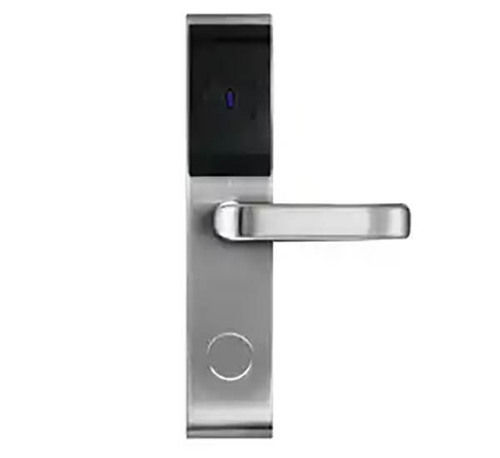
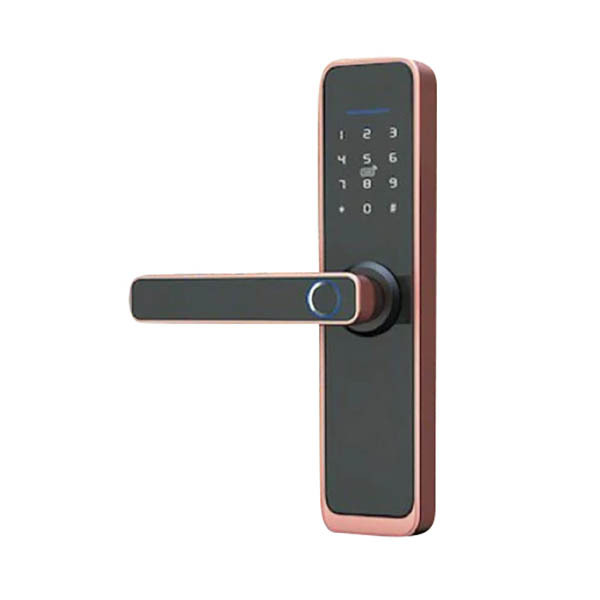
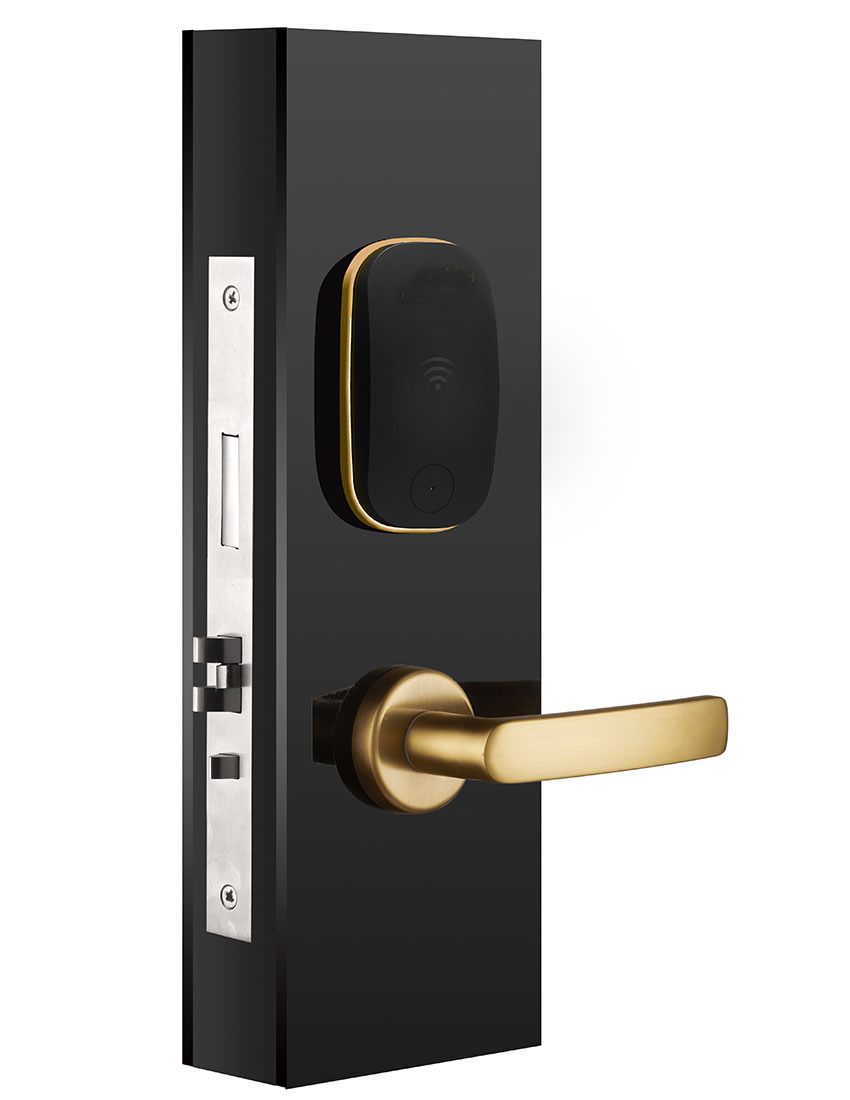
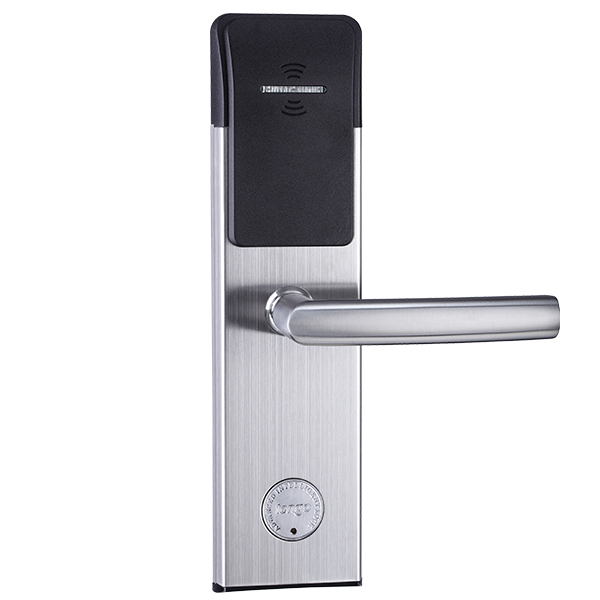
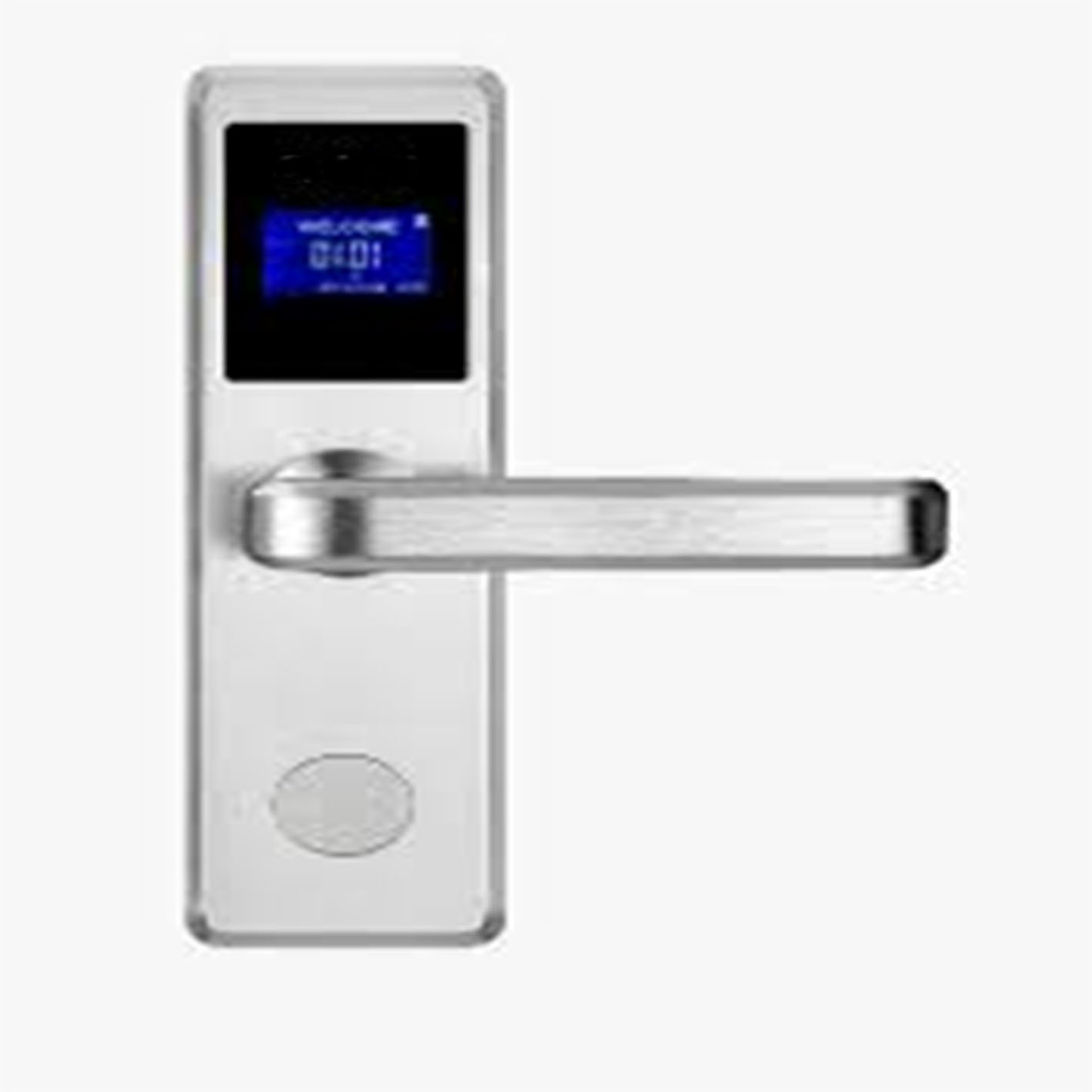
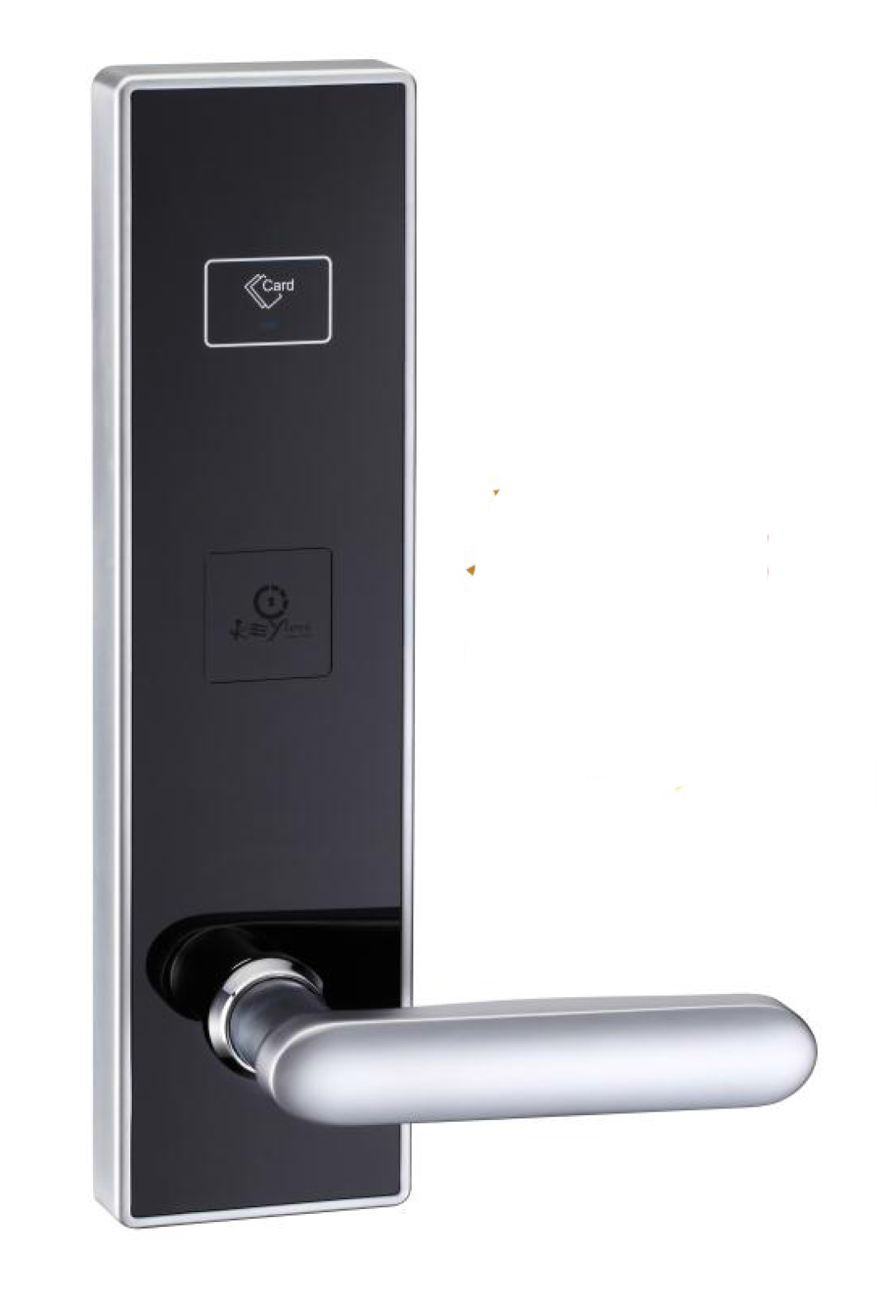
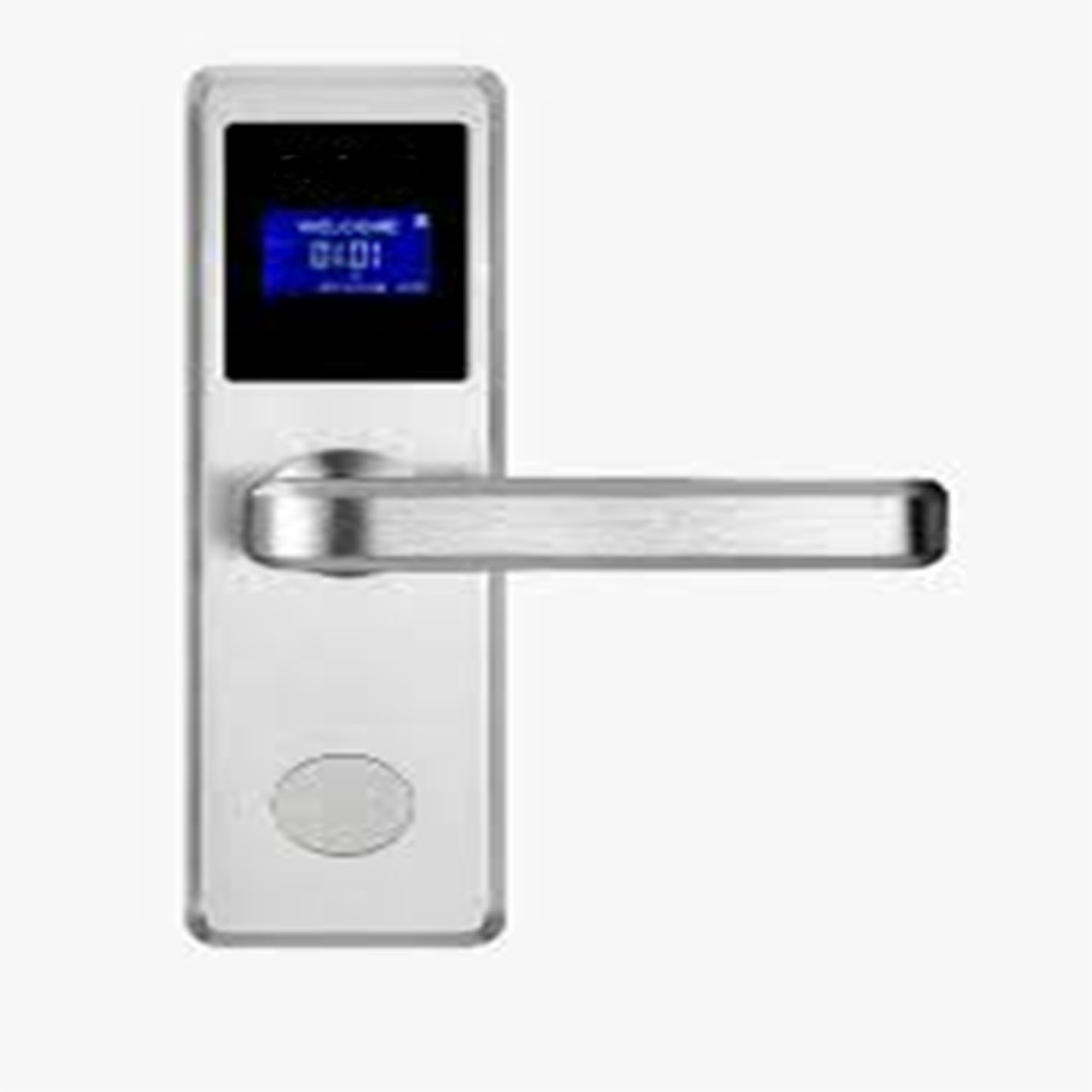
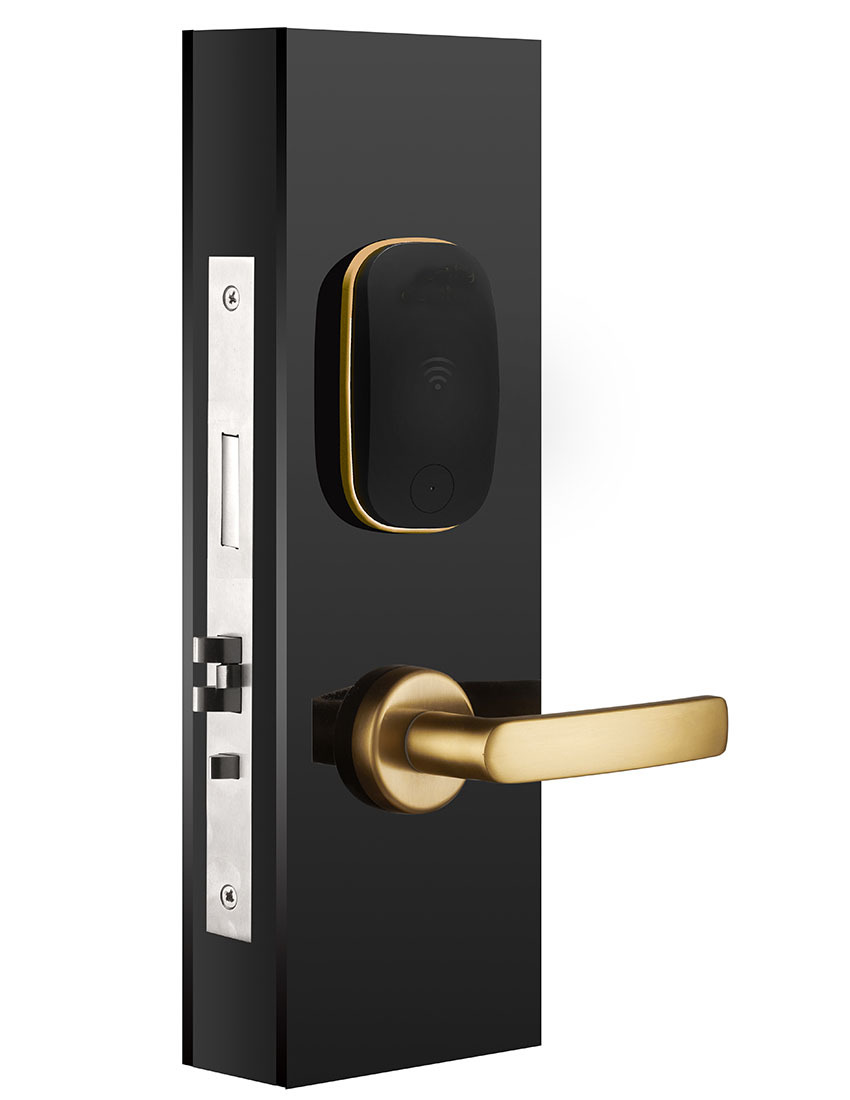
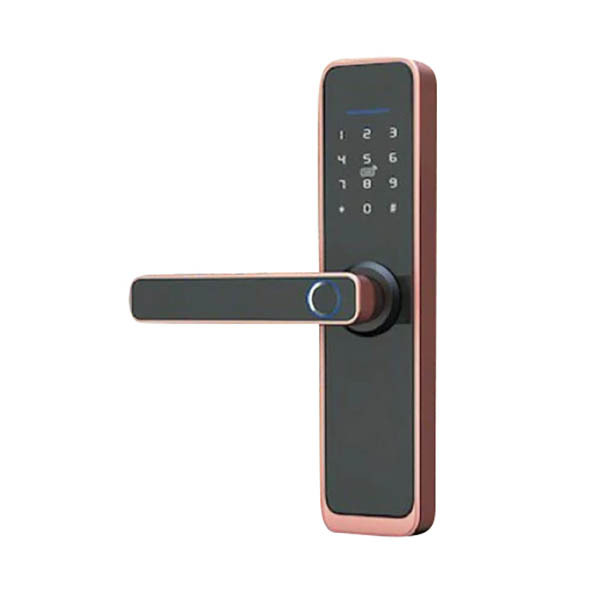
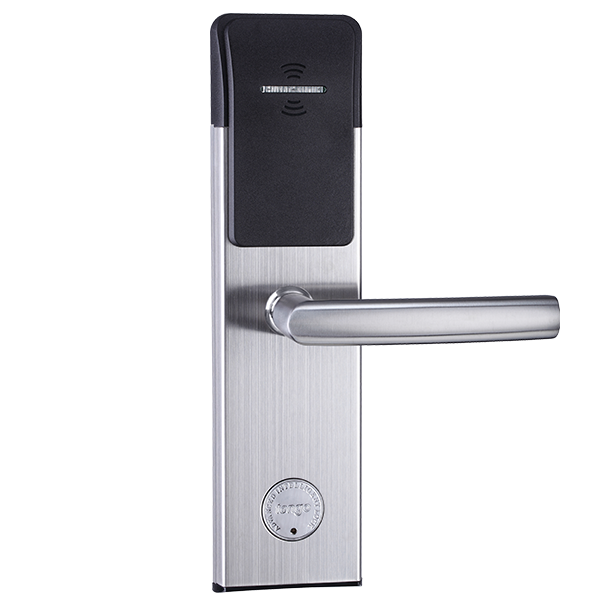
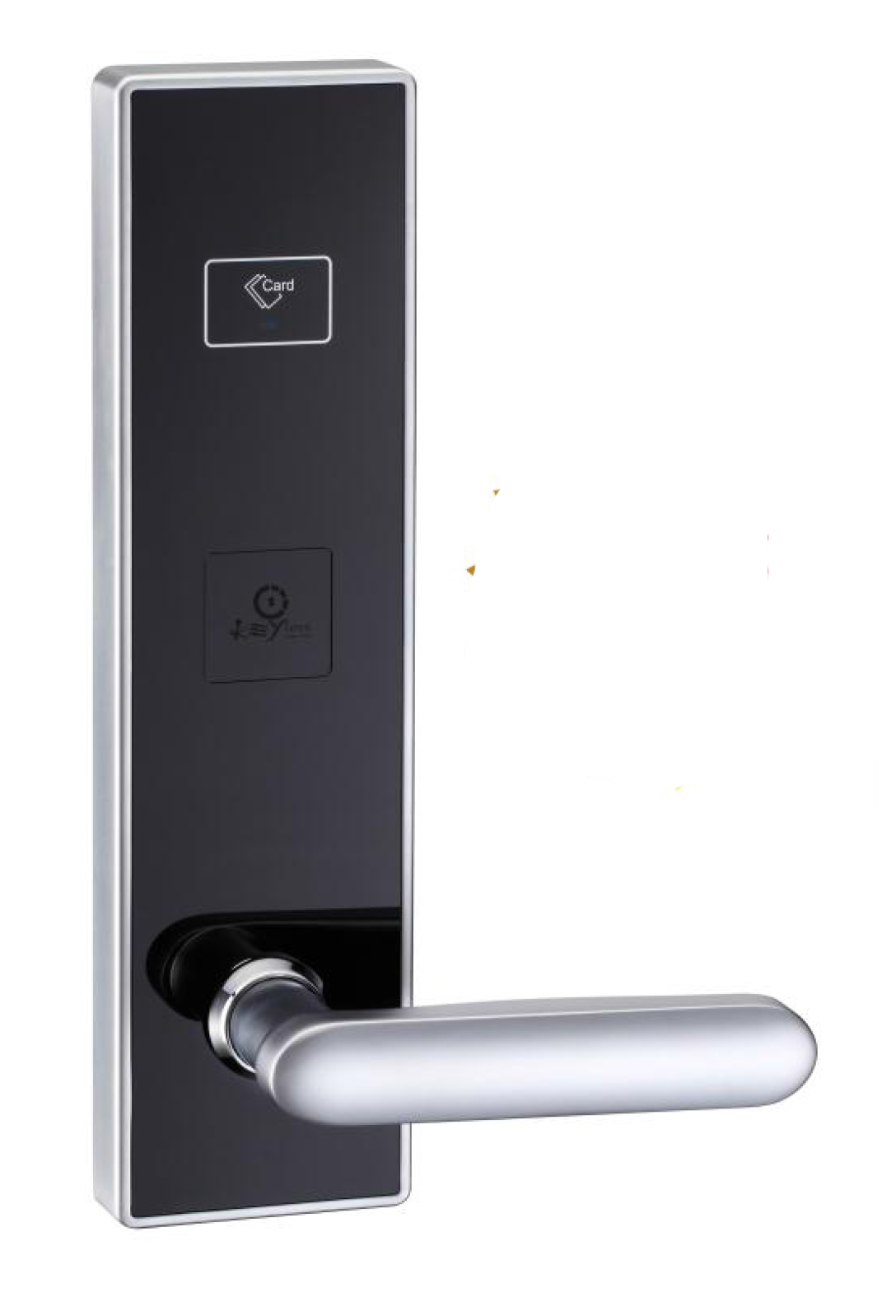
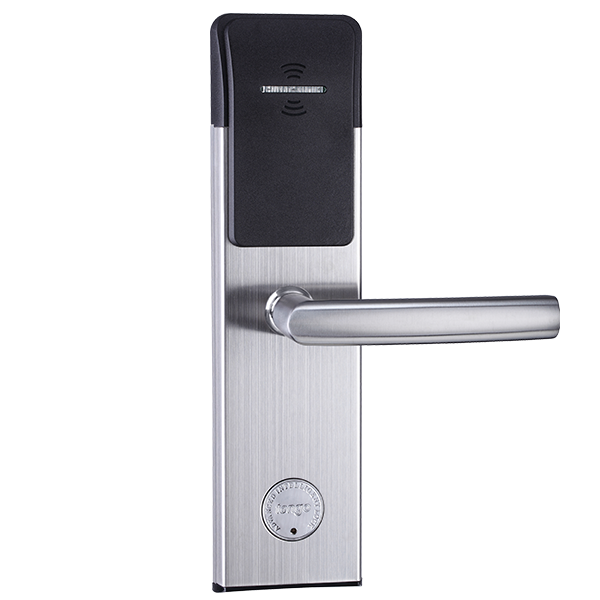
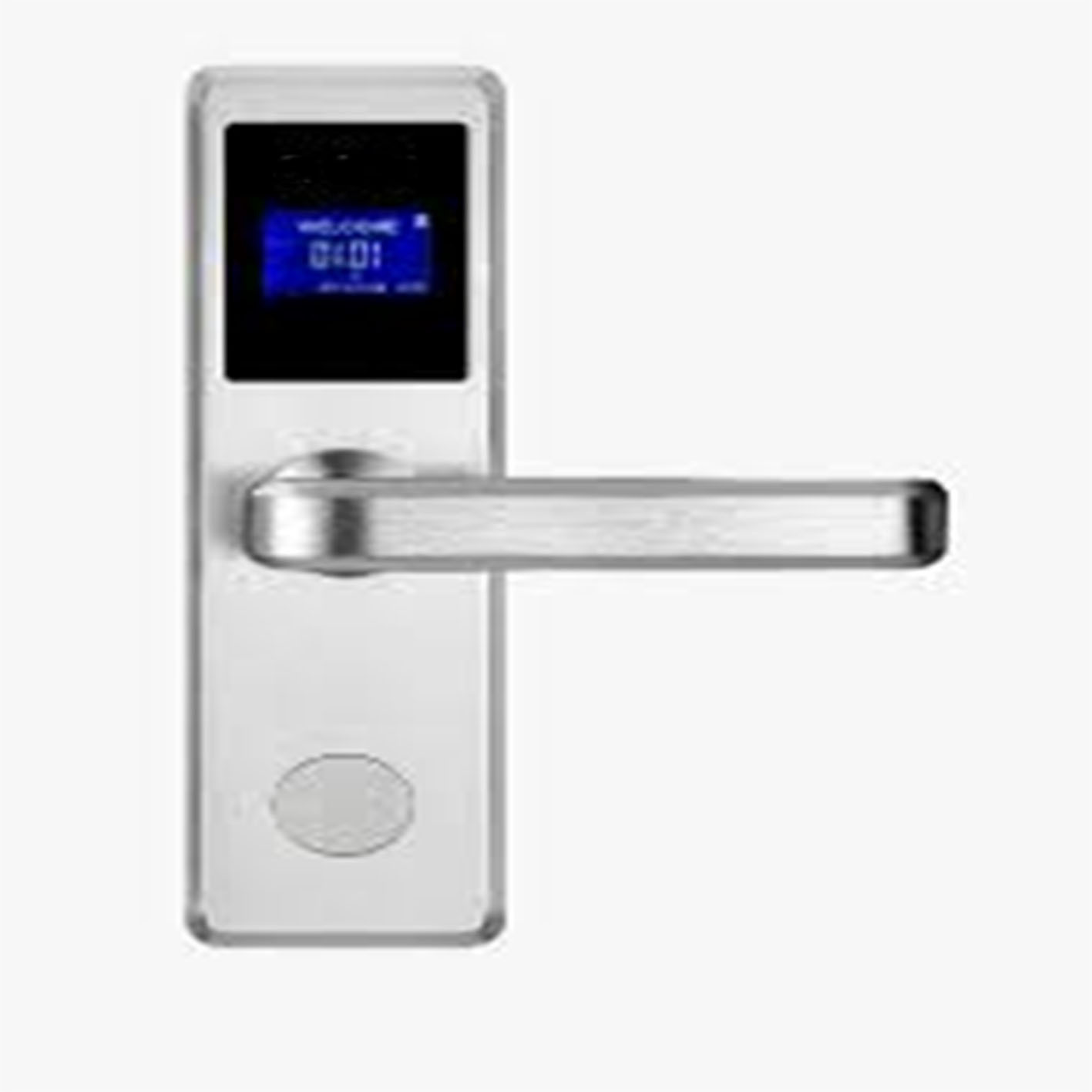
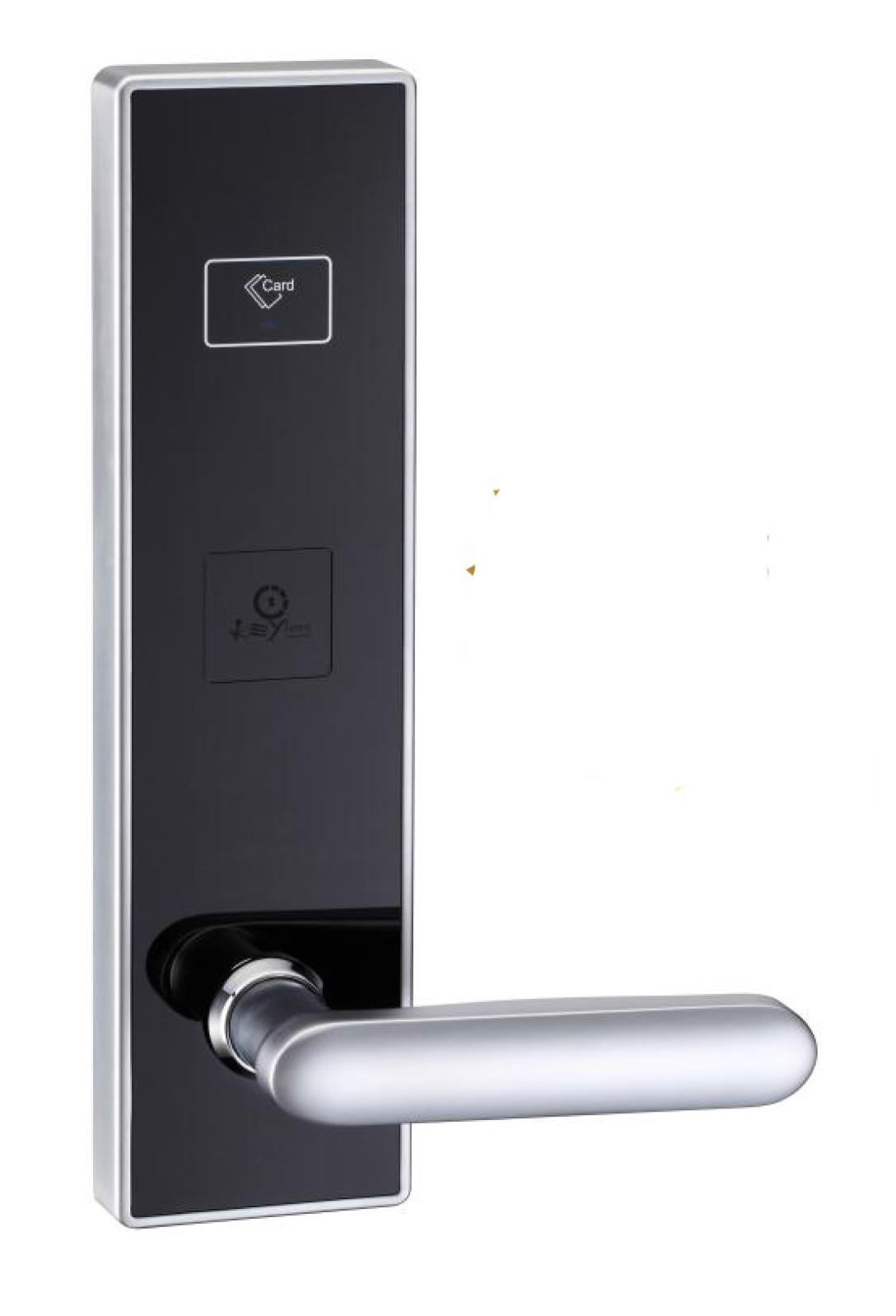
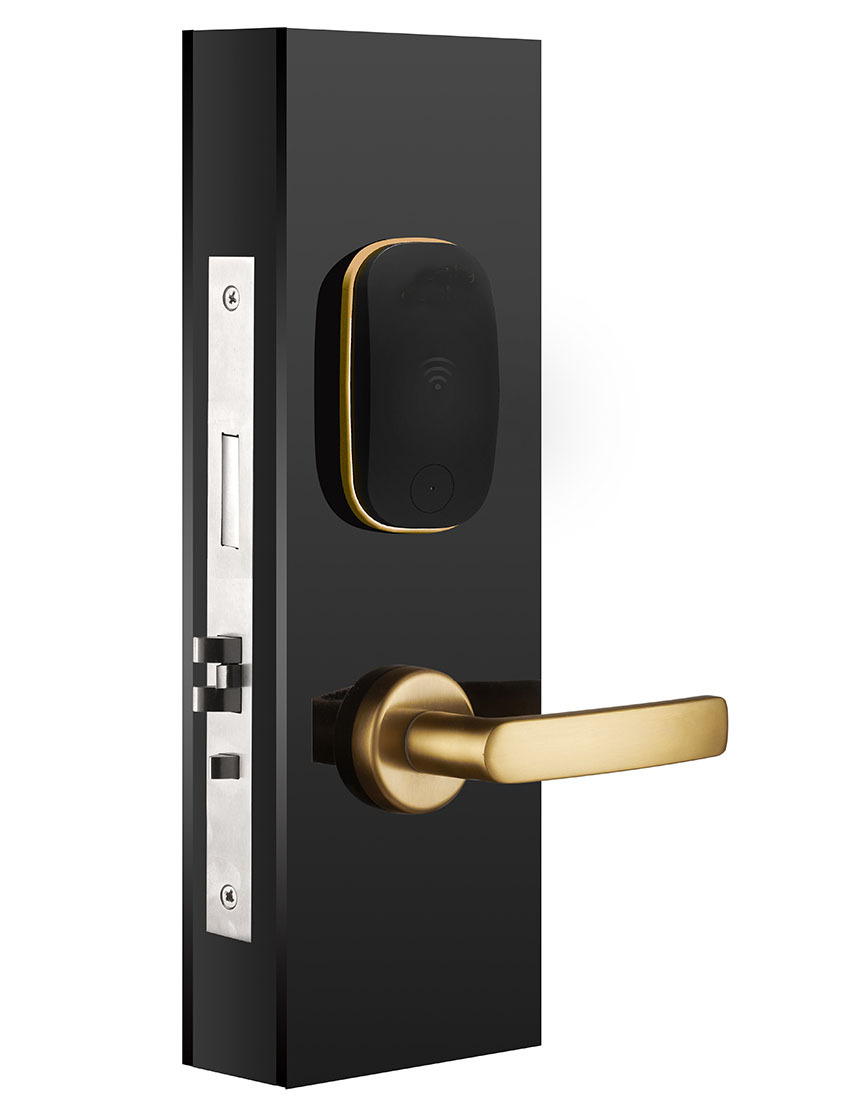
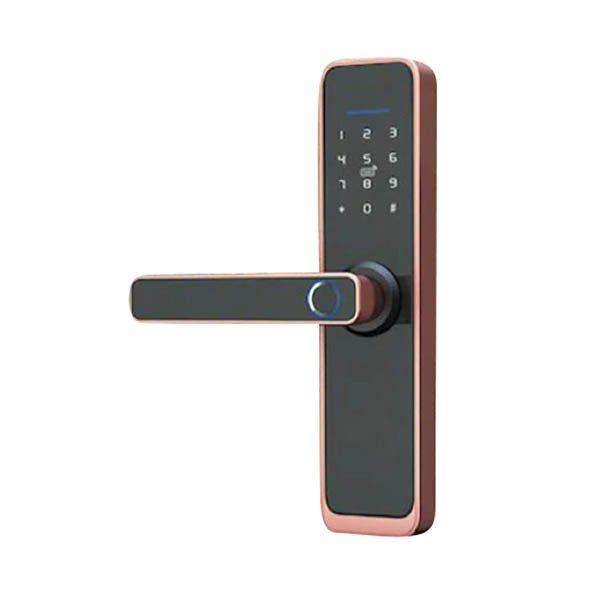

Price:
- 50
- 100
- 200
- 250
- 500
- 1000+
More Products in Electronic Door Lock Category
Electronic Smart Card Door Locks
Price 5500 INR / Inch
Minimum Order Quantity : 1 Piece
Unlock Way : Card
Material : SS
Finish : Chrome
Usage : RFID Card + Mechanical key
Electronic Door Lock
Price 3500 INR / Box
Minimum Order Quantity : 10 Pieces
Unlock Way : Card, password, Key
Material : SS
Finish : Antique
Usage : RFID Card + Mechanical key
Electronic Hotel Room Door Locks
Price 7203 INR
Minimum Order Quantity : 10 Pieces
Unlock Way : Card, password, Key
Material : SS
Finish : Antique
Usage : RFID Card + Mechanical key
Digital Door Locks
Price 4500 INR / Piece
Minimum Order Quantity : 1 Piece
Unlock Way : password, Fingerprint, Card
Material : SS
Finish : Other
Usage : Hotels

 Send Inquiry
Send Inquiry
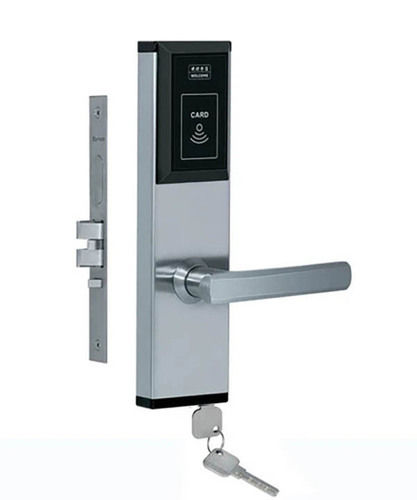
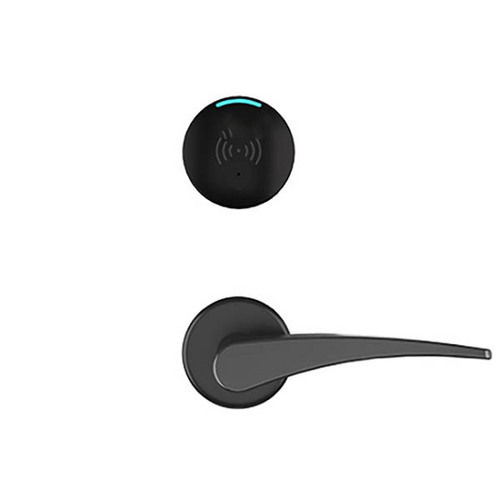
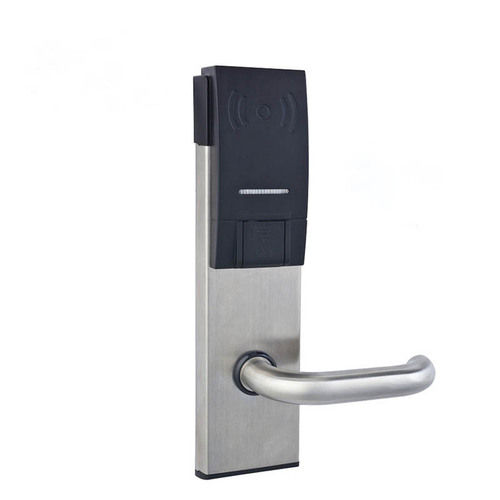
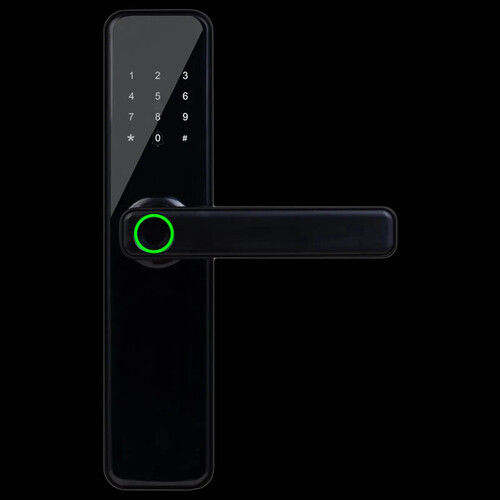


 Send Inquiry
Send Inquiry Send SMS
Send SMS